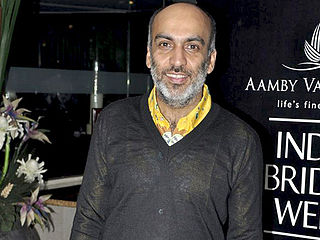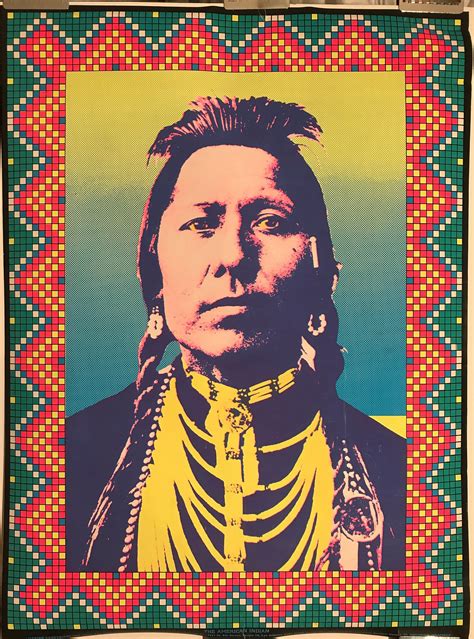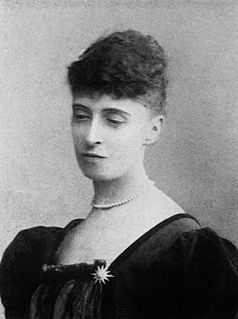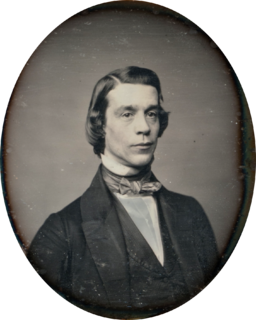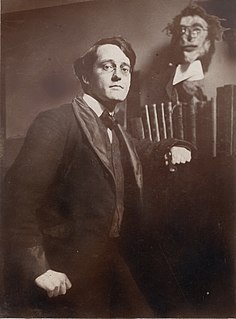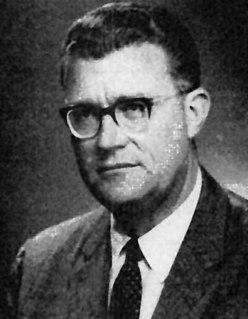A Quote by Shannon Sharpe
It trips me out when I hear people say, 'Well, I don't see color.' You see color. Now, how you respond and how you handle the situation once you've seen and noticed color is different.
Related Quotes
For many years, I have been moved by the blue at the far edge of what can be seen, that color of horizons, of remote mountain ranges, of anything far away. The color of that distance is the color of an emotion, the color of solitude and of desire, the color of there seen from here, the color of where you are not. And the color of where you can never go.
Munch writes poetry with color. He has taught himself to see the full potential of color in art His use of color is above all lyrical. He feels color and he reveals his feelings through colors; he does not see them in isolation. He does not just see yellow, red and blue and violet; he sees sorrow and screaming and melancholy and decay.
Red has been praised for its nobility of the color of life. But the true color of life is not red. Red is the color of violence, or of life broken open, edited, and published. Or if red is indeed the color of life, it is so only on condition that it is not seen. Once fully visible, red is the color of life violated, and in the act of betrayal and of waste.
The fact is, that of all God's gifts to the sight of man, color, is the holiest, the most divine, the most solemn. We speak rashly of gay color and sad color, for color cannot at once be good and gay. All good color is in some degree pensive, the loveliest is melancholy, and the purest and most thoughtful minds are those which love color the most.



